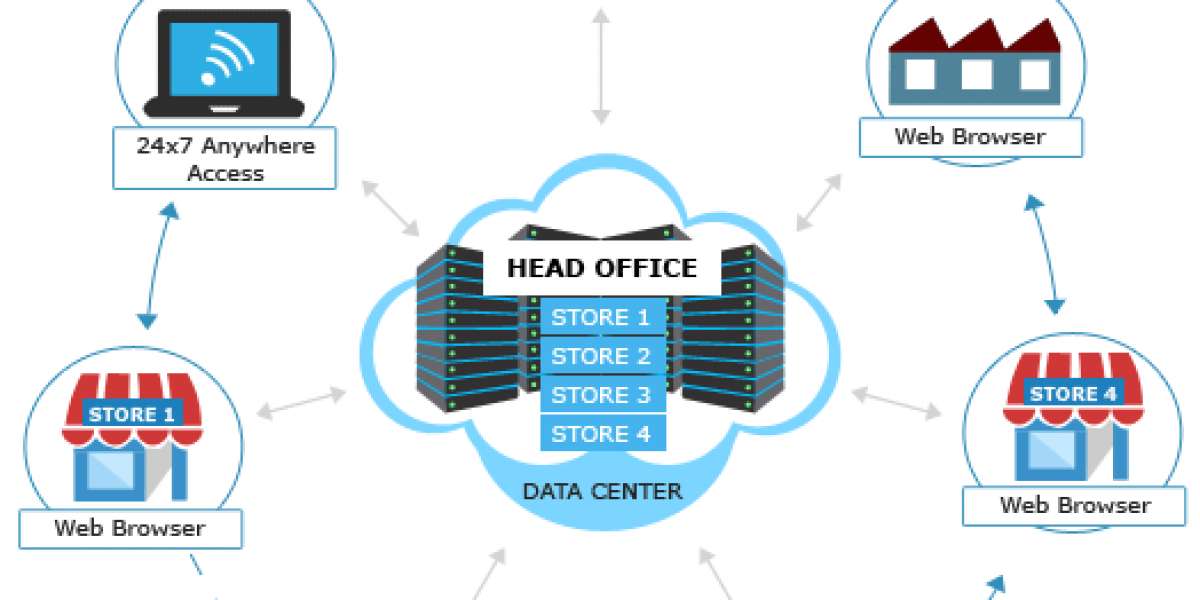Don’t let coding stand in the way of your tech journey.
IT jobs without coding | Non-coding courses
We’ve often heard about coding and IT jobs without Coding in the computer science sector. What are non-coding jobs? Well, it refers to jobs that do not require a person to be equipped in coding. The non-coding roles ensure the smooth functioning of the entire organization on a large scale. This role ensures the smooth functioning of the team and the organization at large. This role is of paramount importance in any software company. It may seem like it’s closer to necessary to have it. There are a plethora of courses available in this area of information technology that work perfectly fine sans coding.
The courses that can get an individual started in the field of networking are:
CCNA - Best Non-Coding Courses for Beginners
Cisco Certified Network Associate is one of the entry-level courses that is meant for candidates that are willing to get started in their journey of networking. This is one of the most popular courses by CISCO. CCNA is very popular amongst people who are just willing to get launched into the world of networking. This course doesn’t necessarily require any prerequisite but it’s recommended if a candidate has experience in configuring and administering CISCO solutions. The knowledge base one develops in this course are all things needed to start learning about networking in detail. It gives a grassroots level of knowledge and an insight into what’s to come along.
The takeaway from this course:
- Network fundamentals
- Network Access
- IP connectivity
- IP service
- Security fundamentals
- Automation and programmability.
The job roles that open up after this course certification:
- Entry-level network engineer
- Network Administrator
- Network support technician
- Help desk technician
CCNP
Cisco Certified Network Professional is another popular course by CISCO. It is often considered to be a follow-up after CCNA. Having said that CCNA isn't a prerequisite to CCNP whatsoever, it’s advisable to go for CCNA first as it caters to all basics. There aren’t any specific prerequisites for this course. Although it is recommended for any individual pursuing this course to have experience in implementing enterprise networking solutions. The learning like any other CISCO-provided course is massive. There are two sets of exams to get through the CCNP certification.
The core exam and the concentration exam. The core exam focuses on the knowledge of enterprise infrastructure.
The concentration exam focuses on the area of the candidate’s choice.
Take Away from the course:
- Knowledge of dual stack (IPv4 and IPv6) architecture.
- Virtualization
- Infrastructure
- Network Assurance
- Security
- Automation
The job roles this certification opens up are:
- Technical engineer
- Protocol Testing engineer.
- Senior network engineer
- Network security engineer
DevNet
DevNet is a certification that isn’t traditional but rather slightly unconventional. It is aimed at learning modern concepts of networking like automation and software. It’s going at a rapid pace as it provides software developers and network professionals with a clear and crisp understanding of fields like programmability and network infrastructure. This is a great choice as it is progressively blurring the demarcations between software and network roles. There are two DevNet certifications:
1. Cisco Certified DevNet Associate.
2. Cisco Certified DevNet Professional.
Learning from DevNet :
- Software Development and design
- Application deployment
- Security
- Automation.
The available Job roles :
- Network Engineer
- Network Analyst
- Network Automation Engineer
- Senior network engineer
Python
Python is an object-oriented programming language that is syntax-based and is employed to automate networking tools. This language gauges the skills of a network engineer to automate manual tasks and also the ability to be able to write a coding language.
Learning from Python is like any other course sufficient to prepare an aspirant for practical world learning.
Takeaway:
- Learning to operate image processing
- Creating web frames.
- Using in-built control and testing of software, by software engineers.
- Utilization in matters of Artificial intelligence and machine learning.
Job roles in the field:
- Software engineer
- Data Analyst
- Data Scientist
- Machine learning engineer.
Conclusion
On the whole, I hope it is surprising for the good to know of all the courses that one can pursue in spite of not having a background in coding. There are many other courses as well. Here we targeted the best non-coding courses that would ensure a start in the field of networking and how.



